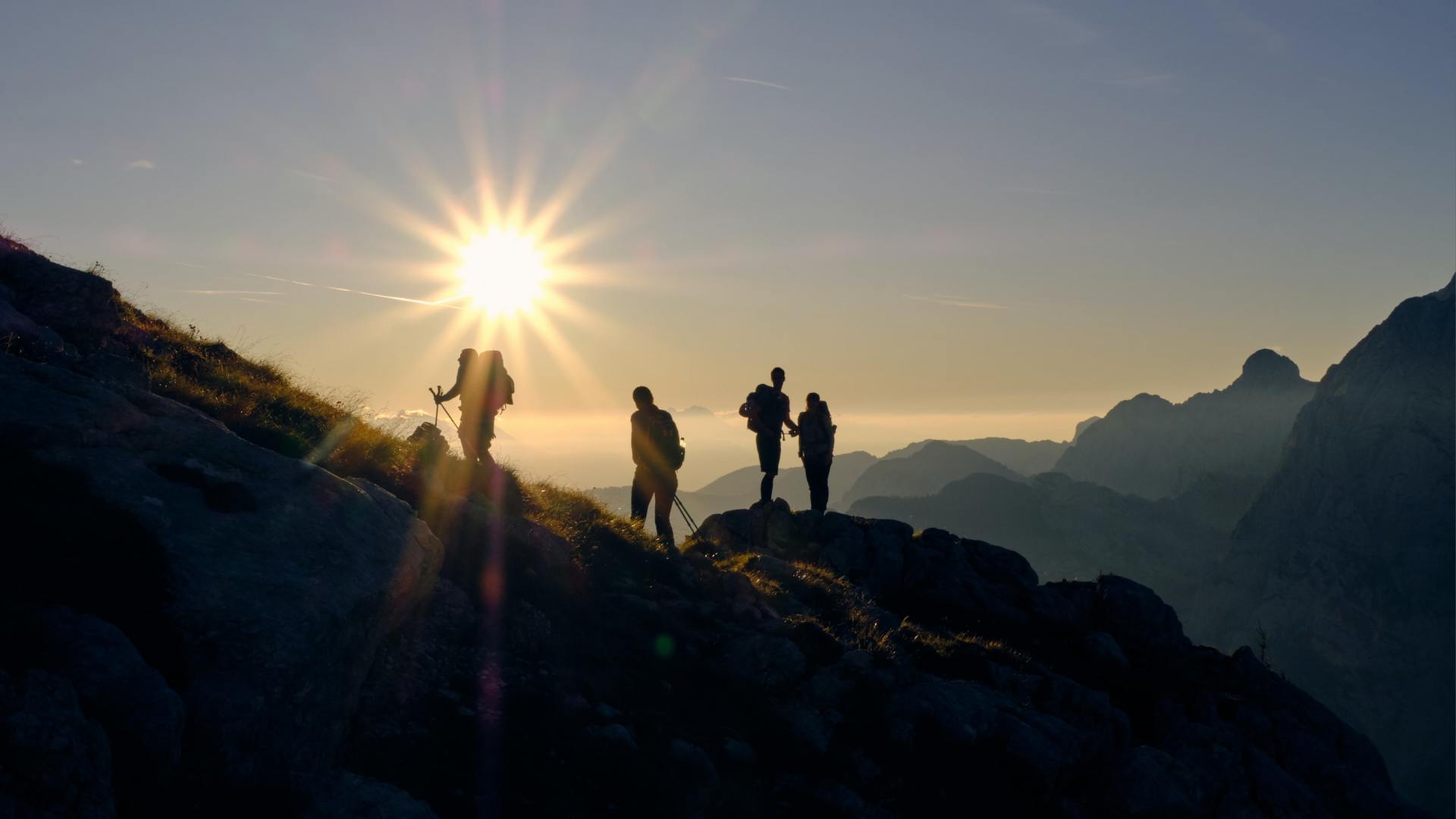What Can We Learn From Difficulty?

"Life is difficult. This is a great truth, one of the greatest truths.
It is a great truth because once we truly see this truth, we transcend it.
Once we truly know that life is difficult--once we truly understand and accept it--then life is no longer difficult.
Because once it is accepted, the fact that life is difficult no longer matters."
From Scott Peck, the Road Less Traveled, p. 15.
This - life is difficult - is truly a great truth, a profound truth. A colleague of mine, who has a much richer and more extensive education and experience in philosophy and theology, helped me to see that suffering is part of our humanity. It just is. And reading Richard Rohr helped me to see, as he says, that both deep suffering and deep love are portals, openings, that give us access to something more profound - Rohr would say the divine - than we can experience in any other way.
No one, I don't think anyway, would ask for suffering, yet it is a part of our existence. Life IS difficult. We DO suffer. All of us.
That's part of being human. So then the question becomes how can the experiences of great suffering, difficulty, and undeserved - or earned - hardship, be accepted and used to step through portals we would not have had access to otherwise.
Thomas Paine, around 1776, in Common Sense, said, "These are the times that try men's souls". They were then, and they are now.
Hiking Polecat Loop the other day, we saw many people, but the sight I appreciated the most was to see parents out with their children, hiking or biking together. Those kinds of "together" experiences might be considered an unexpected outcome from the difficult social distancing mandate given to us by this virus.
What are the lessons to be learned from these times? Peck goes on to say, "Life is a series of problems. Do we want to moan about them or solve them?"
These are the times that try our souls - may we be convicted of taking advantage of them as best we can to develop a deeper sense of what is important in life.










